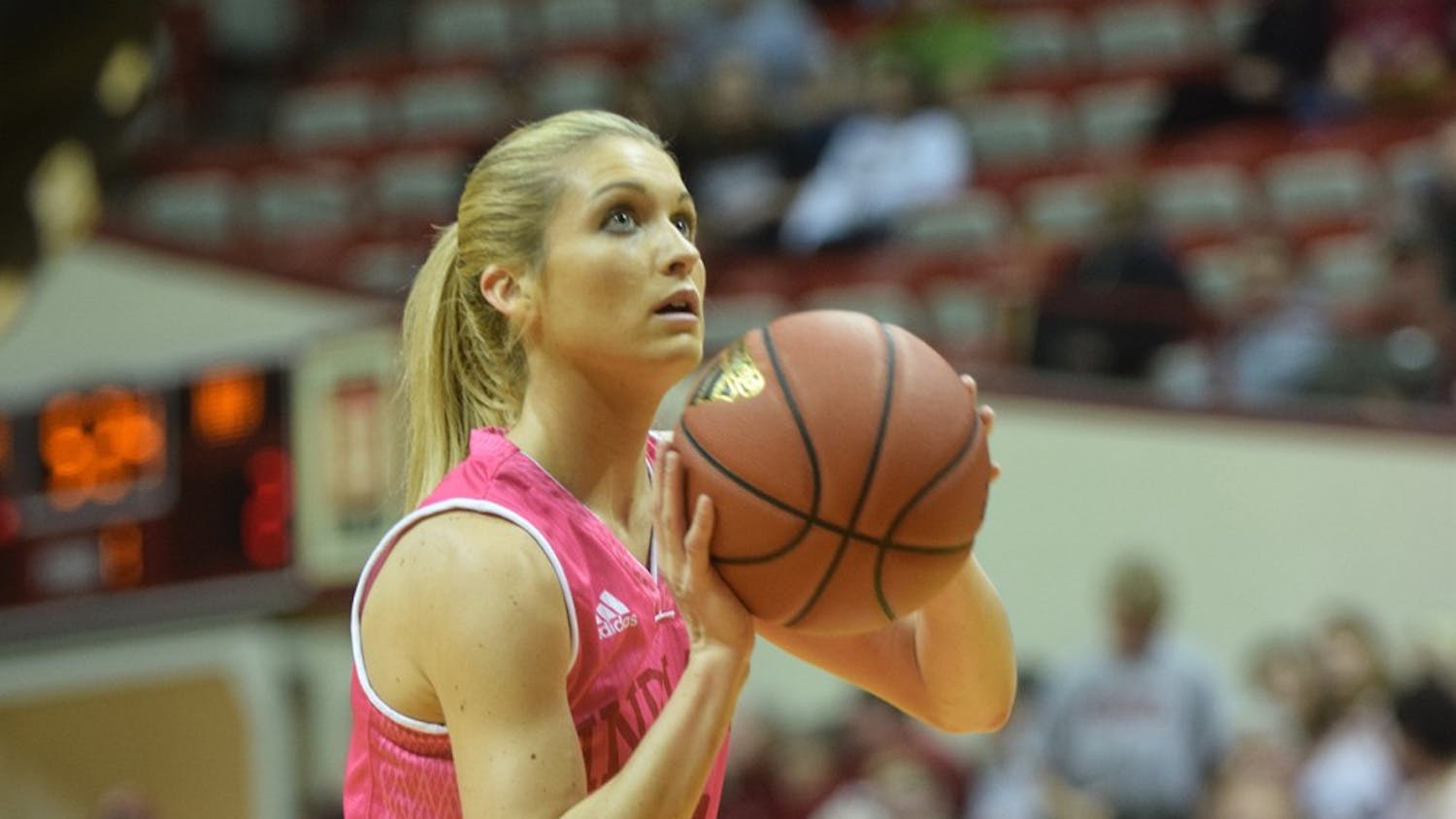As a freshman, you’ll take on a number of unfamiliar responsibilities. With them come some challenges you’ll look to avoid at all costs. Don’t fall into these bad habits, and it’ll get easier. Here are some suggestions on how to stay on the right track.
Procrastinating
It’s easy to choose Netflix instead of your econ textbook on a Monday night. But you can’t wait until the week before an exam to break the binding and still expect an A. Procrastination is a bad habit most students engage in.
“I procrastinate sometimes, but I try not to,” junior Michelle Bouillon said.
If you can find the motivation to complete your assignments, you’ll be well on your way to overcoming this bad habit.
“I think about if I have my work done, I’ll be able to do what I want to, like hanging out with friends or watching TV,” Bouillon said. “The sooner I get my work done, the faster I can relax later.”
Skipping class
You’ve hit the snooze button one too many times and missed class. No biggie. But for classes with a strict attendance policy, skipping too many can become a death sentence for your grades.
Alex McCormick, associate professor in the IU School of Education, says classes are set up a certain way to expedite learning through more than just reading.
“When students skip class, they miss out on whatever experiences the instructor has designed to facilitate learning, such as organized class discussions, Q&A, demonstrations, debates, guest lectures, group work, etc.,” McCormick said.
He also said it’s a financially unintelligent decision because tuition is paying for the education, which doesn’t happen when the student is not present.
“Students who skip class are effectively wasting part of what they’re paying,” McCormick said.
Eating habits
Between work for classes and student organizations, not to mention the financial burden, eating a decent meal can be tough.
Katie Shepherd, registered dietitian at the IU Health Center, said students often don’t plan their meals, which causes them to look for convenient foods that are often processed.
They also skip meals, which leads to overeating later, or they do not get enough rest and they turn to caffeine and sugar instead of a healthy meal.
In order to change these habits, Shepherd said setting a goal, writing it down and telling a friend can help you be more accountable.
Planning meals and packing lunches for long days on campus can be most helpful.
Additionally, Residential Programs and Services has instilled an Eat Right option in most dining locations. Looking for these options can alter your outlook on healthy living.
“If you are taking care of your body, you will feel energized, rested, and more focused,” Shepherd said.
Spending too much money
Having a social life has a price. You and your roommates get Starbucks every other day. A friend you haven’t seen for a month wants to meet for lunch.
It’s your other friend’s birthday, and you promised her dinner and a night at the bars. Plus, you need a new outfit for your date. Though not essential, these expenses are part of the college experience.
Daniel Spore, adjunct lecturer in the Kelley School of Business finance department, said students may be able to save money if they compare prices of products and services across different stores and shops.
“If you can walk a block and save $3 on a transaction, then do so,” Spore said.
Other unnecessary expenses include parking, fast food and replacement policies on electronics, including cell phones.
“There are lots of local newspapers that have coupons that students can benefit from if they take the time to look and clip,” Spore said.





